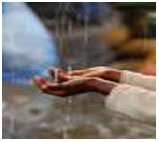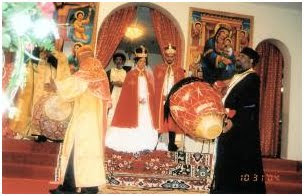The Changes as we Move on to the Ethiopian New Year!

Every time a new-year looms one of the things that always comes to mind is resolutions…for change! (I’m sure you all have at least quite a few ones for this year).This is mostly true because we know and really feel deep inside that our current life-form or status needs some (if not full) sort of transformation. We all have an innate desire to make over. But I guess we require some kind of time-zone momentum to give in our ingrained habits, or else, we wouldn’t wait the beginning of every year to make some commitments. However, honestly speaking, turning these resolutions to fruition is, for the most part, very difficult. Although I don’t have any statistics to support me at the moment, among the common Ethiopian New Year’s resolutions, saving money, quit smoking, getting married, drinking less alcohol and nowadays getting fit stand out. Unfortunately, at the end of the year, we find many of our resolutions unresolved. The main reason appears that we humans (I don’t know whether thi


















